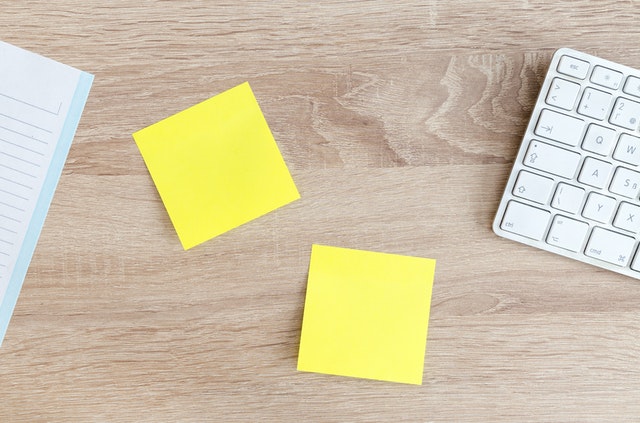The body transmits 11 million bits of information per second to the brain; however, the conscious mind is only able to process 50 bits per second. The compression of information by the brain is the reason that thoughts and verbal or visual exchanges often seem fleeting or hard to retain. Many people take notes to help them remember those other bits, to keep their focus, and to get things done. Read on to learn four science-backed reasons taking notes will improve your productivity.
1. Relieves stress
When you have many tasks or activities on your slate, you may find yourself lost on where to start. It also becomes easy to get overwhelmed trying to mentally keep track of each activity. This type of situation is called information overload.

Research done in 2020 shows that information overload is one of the causes of stress in the workplace. This also influences time management, decision quality and efficiency. One of the recommended ways the research group managed stress caused by information overload was taking notes.
Through note-taking, you find yourself decluttering your thoughts and separating the important information from the “noise.” As such, you then find yourself putting energy on things that matter.
2. Increases concentration and understanding
Taking notes increases concentration and understanding, two important ingredients that impact productivity. If you do not have the necessary information needed to complete a task, it becomes harder to concentrate on it as you try to get your brain to remember. Also, your understanding of the task at hand gets affected by the information you lack, affecting your output.

A particular study on the effects of note-taking on memory and comprehension showed that taking notes improved the performance of the test subjects. The greatest benefit to the test subjects was a deeper level of understanding of an identified object.
3. Makes it easier to plan
The recent shift to remote work by most corporations has seen meeting and email counts increase. Individuals also find themselves working more hours, and more emails tend to have the “important” tag. From meetings to drop-in calls to urgent emails, how do you keep track of tasks and deliverables?

The best way is to take note of all information first. Following this by creating a to-do list. Creating a to-do list from your notes ensures you have a full picture of the activities needing your attention during the day. It also helps to apply a prioritization matrix to rank the importance and urgency of tasks and plan how to achieve them.
But if you try to create a to-do list without taking notes of all you have to get done in the day, you’ll be missing essential tasks and will be struggling to remember them at the end of your day, affecting your productivity negatively.
4. Easy to reference
Imagine finishing a meeting, then one hour later your boss asks about the marketing statistics displayed during the meeting. What do you do then? If you failed to take notes, it will leave you wishing you had.

Note-taking helps ensure that important details are not lost in the sea of information we constantly engage with. A study on the effects of note-taking on memory of details in investigative interviews further shows how important it is to have notes for future referencing. In two testing groups in the study, the note-takers outperformed those who merely just listened.
Conclusion
With note-taking, there exists no downsides with its effects on productivity, especially when done the right way. Some believe that note-taking has become obsolete as technology has phased it out; however, technology has actually revolutionized present-day note-taking. Now you don’t have to take notes by hand, as you can do so digitally with apps such as OneNote. There’s a reason why note-taking apps have become big business – because of the impact on productivity.

